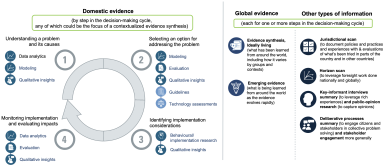CRHE Grantee Reflections Interview - Arizona State University
In this interview, a representative from the Arizona State University Community Research for Health Equity grant reflects on the value of community-led research and how their work will inform changes in the health care system.
